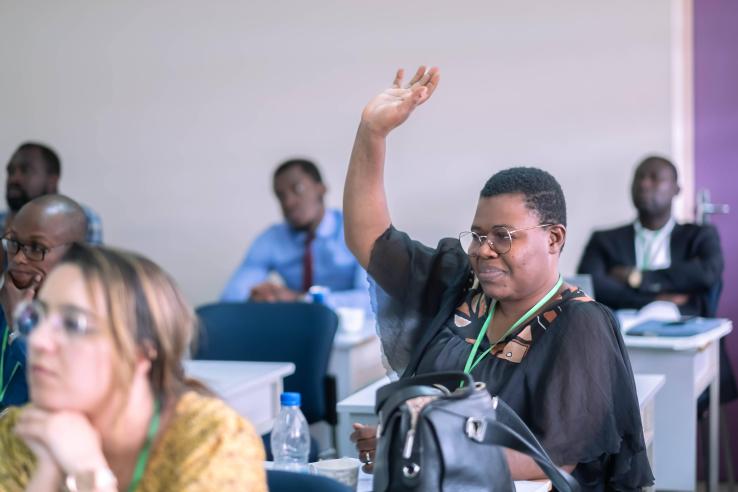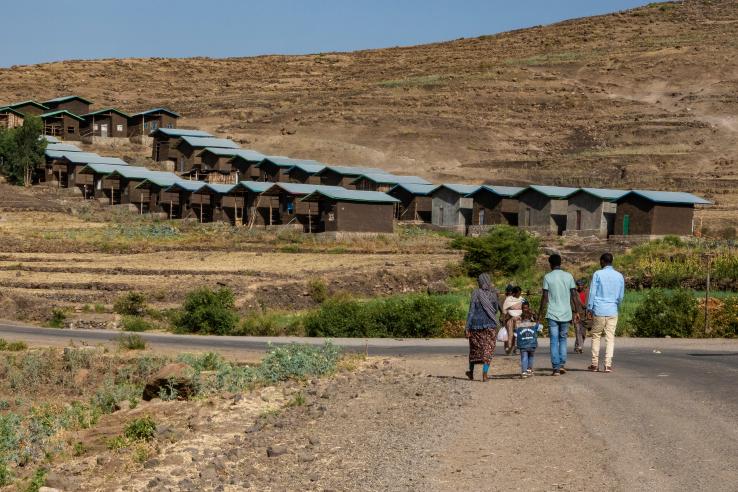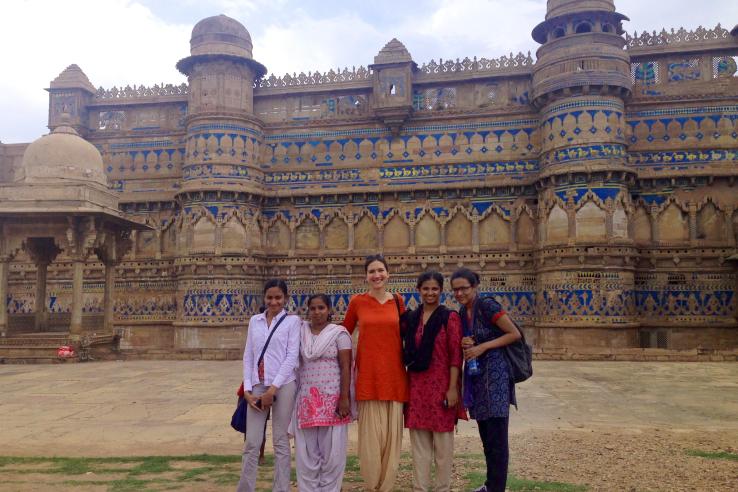Displaying 8026 - 8040 of 8331
Person
Blog
J-PAL North America is partnering with the Conrad N. Hilton Foundation to offer LA-based homeless service providers a supportive “community of practice” around rigorous research. Through this effort, we aim to bolster organizations’ ability to generate and use evidence to inform decision-making as...
Update
J-PAL Updates
As state and local leaders leverage federal relief funding to invest in their communities, a new program will support these governments in using data, evaluation, and evidence to advance effective and equitable government programming for generations to come.
Event
In partnership with the French Development Agency, the French Fund for Innovation in Development, and the Mohammed VI Polytechnic University, J-PAL is hosting a summer training course in Rabat, Morocco for African researchers with a demonstrated interest in conducting impact evaluations.
Evaluation
In low- to middle-income countries around the world, nearly one billion people lived in urban informal settlements as of 2018. Rapid urbanization in most large African cities has led to both more people and a higher proportion of people living in informal settlements over time. Researchers conducted a randomized evaluation to test the impact of winning the housing lottery on the demand for formal government housing, consumption, labor market outcomes, social networks, and community and public goods in Addis Ababa, Ethiopia. Winning the housing lottery increased demand for formal government housing: nearly 46 percent of participant households that win the lottery chose to move into their formal housing, indicating many prefer to live in government housing despite the high implicit cost that they pay to do so.
Person
Person
Person
Blog
Simone Schaner is an associate professor (research) of economics at the University of Southern California and co-chair of the Inclusive Financial Innovation Initiative. Simone’s interests revolve around decision-making processes within households, especially related to financial access, health care...
Person
Person
Person
Person
Person



